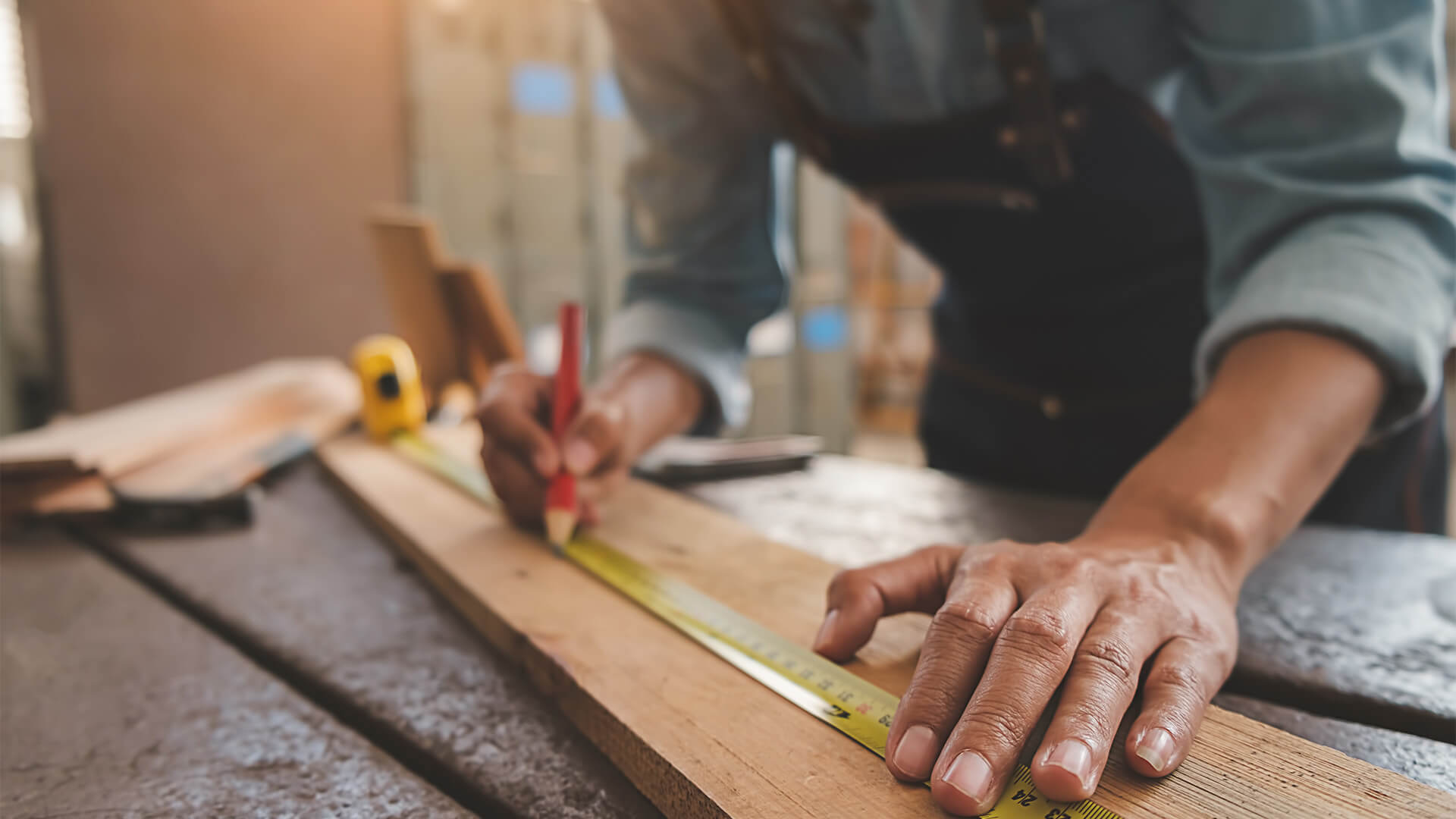At some point, most homeowners find themselves in need of a good tradesperson. Whether it’s a plumber to fix a leak, a roofer to replace a slipped roof tile or a builder to build your dream home extension. Choosing the right tradesperson for your project can be tricky, and costly if they’re not right for the job.
We spoke to Adam Clark, founder of Mylocaltoolbox.co.uk to discuss how to choose the right tradesperson for your home improvement project. Here’s what he had to say.
Preparation
Making a little bit of effort before speaking to tradespeople can pay dividends. It’s worthwhile doing some research about your project to understand the approximate costs involved and what decisions you’ll have to make so you can be organised.
Speaking to tradespeople
When you speak to tradespeople ideally you should provide them with a detailed description of what you want to do. It’s important to communicate clearly for two reasons; first to get your expectations across and secondly so the tradesperson understands exactly what you want.
If you explain clearly what you want, tradespeople will understand your requirements better, be able to provide a more accurate quote and it’ll reduce the likelihood of surprise costs.
Understanding their experience
Talk to them about their experience in the type of work you want doing. They should be able to talk freely and answer any questions you have about how they’ll do it, the technical aspects, what problems may need to be addressed and the costs or timescales associated with it.
Ask how long they’ve been in the trade, about their recent projects, reviews and pictures of their work. If the project is large then ask to go and visit their previous clients. A good, reputable tradesperson will be happy to introduce you to their previous customers.
Credentials
Ask for proof of membership to trade bodies, their registered business details and insurance.
Although not necessarily required membership of a trade association indicates that they are committed to their trade and upholding high standards.
Knowing their registered business details and seeing proof of insurance will give you peace of mind that they’re reliable and honest.
If they are working on gas they should be on the gas safe register.
If they’re working on electrics then it is beneficial that they’re Part P registered which means they can self certify their work for the purpose of conforming to building regulations.
Compare quotes
Get quotes from several tradespeople. This will help to give you a feel for who is right for the job. Discuss whether they are providing a quote or an estimate. A quote is a fixed agreed price for the work whereas an estimate is just that. Quotes are preferable so you know where you stand.
Payment
Agree on what is to be paid, at what stages throughout the project and whether VAT should be added.
Although cash payments can be tempting it is best to pay by bank transfer or credit card so there is a record of payment. Always ask for a receipt.
Avoid paying a large deposit and don’t pay upfront in full.
Cost
Good, experienced tradespeople aren’t cheap. They’re good at what they do and know their worth. It can take years to become a great tradesperson so expect to pay a little more for the best.
Put things in writing
Keep a written record of your communication with your chosen tradesperson, email or text message are the most convenient methods. When you speak in person or over the phone – follow up with an email (or text message) to confirm what was discussed and agreed upon. Doing so ensures there is something in writing to refer back to should any issues or even a dispute arise.
Agree on what work is to be done, the time scales and the costs involved. It’s best to put this in a contract that both parties agree to and sign.
In simple terms, a building contract should outline the scope of work (often referred to as the schedule of works), the beginning and end dates of the work and the price. It should also include information regarding the schedule of payments, payment method, materials specifications and so on.
Contracts aren’t just good for consumers. They’re also good for tradespeople because a well-written contract will outline in detail the work to be carried out. This helps ensure clear expectations from the beginning.
If they offer guarantees, get this in writing as part of the contract so you have it as a future reference.
During the project
Maintain regular communication throughout the job, particularly for larger projects. It’s likely you’ll have to make decisions to specify what you want, whether it is the colour of paint, the type of finish for electrical fittings or how high you want the splashback tiles to be above your kitchen worktop.
Overall finding a good tradesperson isn’t a daunting task. It simply requires a little bit of effort up front to ensure your project runs smoothly and that you get the desired outcome.
Mylocaltoolbox.co.uk helps homeowners find great local tradesmen near them.
































